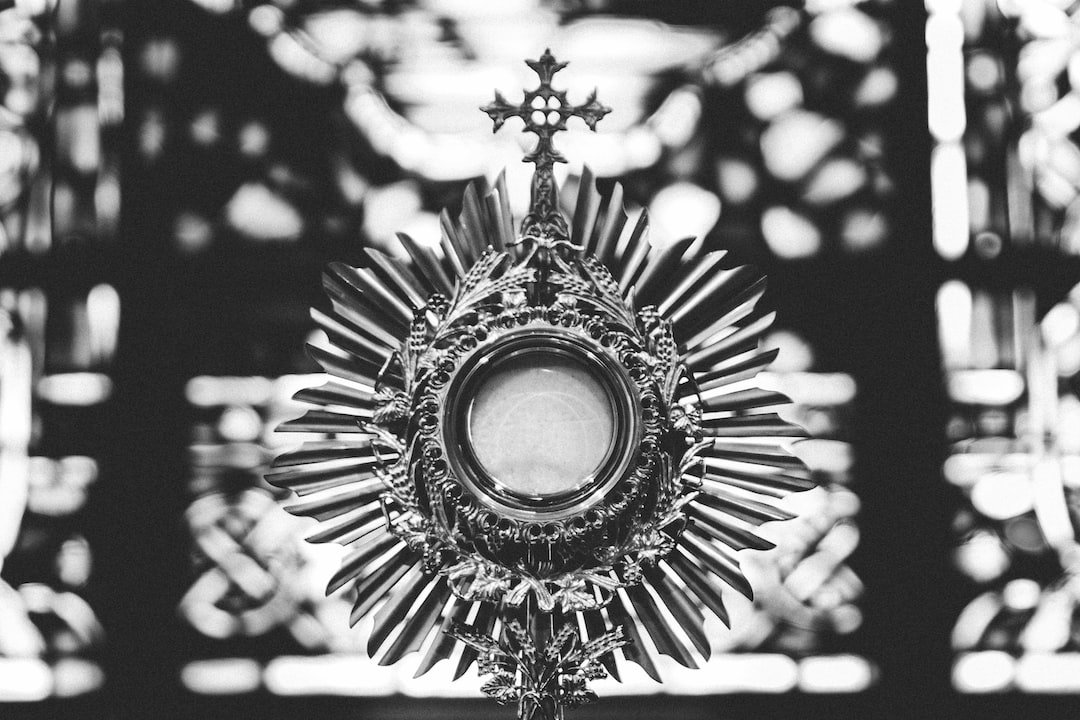The Role of Prophecy and Divination in Different Religions
Throughout history, prophecy and divination have played significant roles in influencing the beliefs and practices of different religions. From ancient civilizations to modern faiths, the belief in prophetic messages and the ability to communicate with the divine have shaped religious doctrines and guided the lives of believers. In this blog post, we will explore the role of prophecy and divination in various religions, shedding light on their similarities, differences, and the impact they have on the faith communities.
Prophecy, as a divine revelation of future events or hidden knowledge, has been a powerful force within religions. In Christianity, for example, the Old Testament is replete with prophecies, many of which are believed to have been fulfilled in the life and teachings of Jesus Christ. These prophecies not only validated the faith of believers but also provided guidance and hope.
Similarly, in Islam, the Quran is seen as a book of prophecy, containing messages from Allah revealed to the Prophet Muhammad through the angel Gabriel. Muslims believe that the Quran’s prophecies have come true and continue to shape their worldview and understanding of the future.
In contrast, divination refers to practices used to gain insight or knowledge of the future or hidden truths. In many ancient religions, such as the Roman, Greek, and Egyptian cultures, divination was a common practice to seek guidance from the gods or interpret the will of higher powers. From reading the entrails of animals to observing natural phenomena like the flight of birds or the alignment of stars, diviners played a crucial role in providing information about the present and future.
Shamanic traditions, found in various indigenous cultures around the world, also incorporate divination as a means to communicate with spirits or deities. Shamans, as intermediaries between the human and spirit world, use divination to receive guidance and healing for their communities. Methods such as drumming, trance, or the casting of bones are employed to access the hidden knowledge and energies that can shape the realities of individuals and groups.
However, while prophecy and divination share a common goal – unveiling the future or hidden knowledge – there are differences in how they are perceived and practiced across religions. Some faiths view prophecy as a divine act, with individuals chosen by a higher power to deliver messages or reveal truths. In Judaism, for example, prophets like Moses and Isaiah are revered as special agents of God, chosen to speak on His behalf. Similarly, many Christian denominations believe that prophets play a crucial role in God’s communication with His people.
On the other hand, divination is often seen as a more accessible and widespread practice, with individuals having the ability to communicate with the divine or interpret signs and omens. In African traditional religions, for instance, diviners known as Sangomas or Babalawos are consulted for guidance and healing. These individuals possess specialized knowledge and abilities to interpret dreams, signs, oracles, and even commune with Ancestors.
While prophecy and divination can differ in practice, they share a common purpose of providing guidance, insight, and a sense of spiritual connection. Both demonstrate the human longing to understand the mysteries of the divine and to seek direction in a complex and uncertain world.
The impact of prophecy and divination on faith communities is profound. They provide a sense of comfort and assurance, assuaging fears about the unknown and offering a glimpse into what lies ahead. By providing a sense of purpose and meaning, prophecies and divinations often serve to strengthen believers’ commitment to their faith, reinforcing their trust in the divine plan. Moreover, prophecies and divinatory practices can shape religious doctrines and influence the behaviors and decisions of individuals and societies.
In conclusion, prophecy and divination have played vital roles in numerous religions throughout history. Whether through the prophetic texts and figures of major world religions, or the divination practices of ancient civilizations and indigenous communities, these practices have shaped beliefs, guided lives, and created a sense of wonder and connection with the divine. Despite their differences in practice, both prophecy and divination serve as powerful reminders of the human quest for understanding and navigating the mysterious realm of the spiritual and the future.

